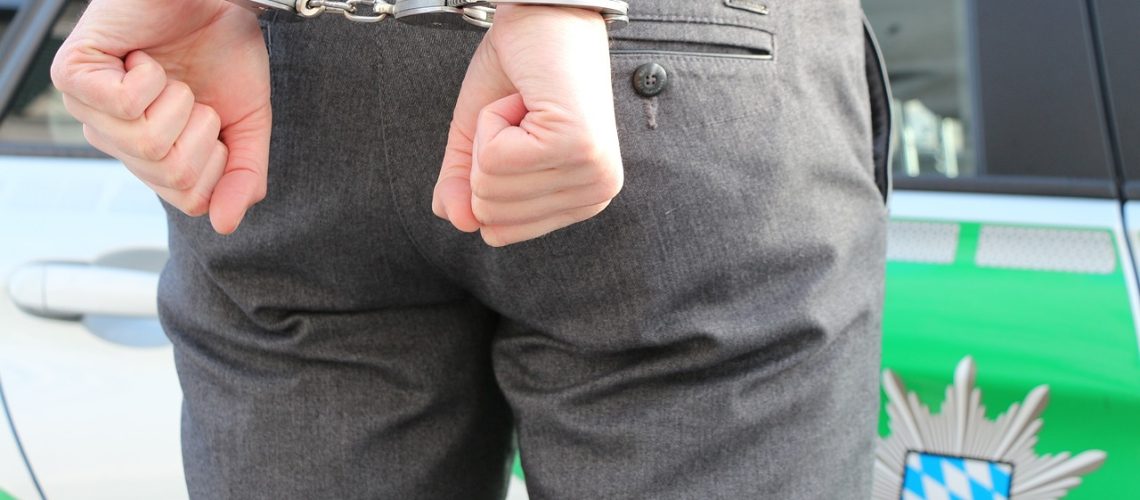This is one of the questions we get asked most often. Let’s look at the laws in place to protect your rights and the exceptions that allow police to conduct a search.
The Fourth Amendment to the Constitution provides protection from unreasonable searches and seizures. What does that even mean? Well, it means that in order for police to conduct a search they need a warrant, even for vehicles. However, there are exceptions to this protection.
Four basic exceptions exist when it comes to the search of vehicles:
- The Driver Is Arrested – Under most circumstances, police may search you and the area in your immediate control as part of a lawful arrest.
- Illegal Substance In Plain View – If an officer sees Illegal contraband, stolen property, or other evidence of criminal activity they can conduct a search of the vehicle;
- Search Necessary For Safety – an officer may conduct a search if they believe “exigent circumstances” exist, meaning they feel they need to conduct a search to protect themselves or to stop evidence from being destroyed;
- Driver’s Consent – The driver provides consent for the search to take place. It’s important to understand that when you consent to a search, you are consenting to a search of the entire vehicle. It is also important for you to understand that you do not have to agree to a search being conducted.
If an officer conducts a search with a warrant or under one of the above-listed exceptions, any evidence collected as part of that search can be used as evidence for any charges against you. However, if evidence was obtained outside of those parameters the use of that evidence can be challenged in court. This is known as the exclusionary rule.
The constitution is designed to define the role of government and curb against a tyrannical state. That being a state which has too much power to invade a person’s privacy and curb freedoms and liberties. The constitution has withstood over 300 years of change. With the invention and promotion of the car it’s been up to court decisions to decipher when the government (police officers) can breach privacy to uphold the law. This evolving set of practices and laws has now applied to phones and when they (and their data) can be searched by the police.
The Arora Law Firm can help you fight against 4th Amendment Abuses
If you believe that you have been the victim of an illegal search or have questions about charges you are facing following a search of your vehicle, it is important that you seek legal counsel. Our team of experienced attorneys will discuss the details of your stop and search with you to understand each step of the actions taken by officers and any subsequent charges that came from those actions.We are here to zealously fight on your behalf so that your rights are protected. If you need legal representation for charges you are facing, contact our office today at (404) 609-4664.










